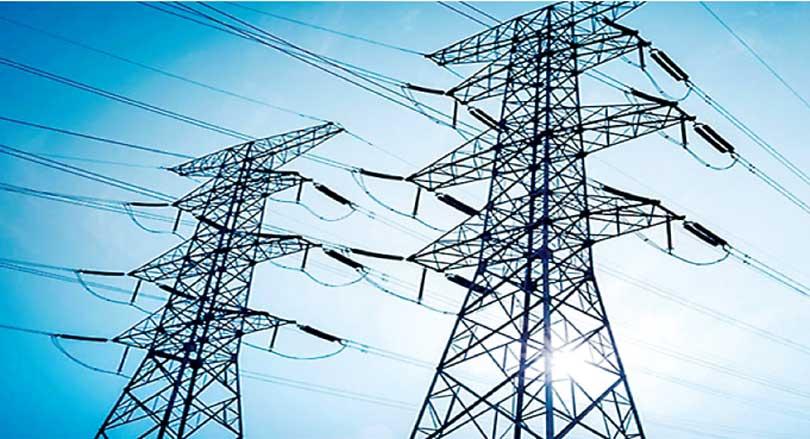Reply To:
Name - Reply Comment

Many electricity and water consumers have been complaining about receiving bills with exorbitant amounts for the period since the islandwide curfew was imposed on March 20 in view of COVID-19 threat. Some small families who usually had to pay about Rs. 800 per month for their electricity usage before the curfew was imposed have been compelled to pay fourfold for the month of May.
As usual the authorities of the Ceylon Electricity Board (CEB), National Water Supply and Drainage Board (NWSDB) and Lanka Electricity Company are tight-lipped on the matter while repeatedly sending messages to consumers advising them to pay the bill.
However, finally the LECO had circulated a small note in the form of a pamphlet along with the electricity bill for the month of May, explaining how they had calculated the bills for the months of March April and May and how they are going to rectify the issues, if any, in respect of those bills when calculating the bill for the month of June.
The pamphlet explains the billing method pursued by the company for the curfew period as follows; “The bill for the month of May is calculated based on actual reading taken by the revenue officer visiting your premises. The two other bills are estimated bills calculated based on your average consumption of the past six months. However, once the actual reading is taken and uploaded to the system by the revenue officer for the month of May, the LECO billing system will automatically perform a correction based on the calculative consumption for the total meter unread period. The correction will be shown in your June bill accordingly.
“If you have any queries pertaining to this bill calculation, we invite you to submit such queries through our “Myleco” app or our call centre over 1910 once you receive your June bill.”
The billing system of the NWSDB, CEB and the LECO is very complicated. The rates are calculated on what they call the “incremental block tariff basis.” If we are to make an attempt to simplify the method, the blocks indicate the level of consumption and the price of units of a higher block is higher than the price of lower block units. And interestingly all blocks do not indicate similar number of units. According to an electricity bill we perused the first block indicates the units between 1 and 62 while the second block represents the units between 63 and 93.
According to the same bill the price of electricity units of the first, second, third, fourth and fifth blocks were Rs.7.85, 10.00, 27.75, 32.00 and 45.00. The unit ceilings are also vary in different bills, with it being 60 in some bills while 62 or 64 in some others. The second block ceiling in some bills is 90 while in others it is either 92 or 94. A fixed charge is also levied from the consumer each month and it also differs from Rs. 90 to various amounts (Rs.480 in some bills and Rs. 540 in some others). Therefore it is clear that an ordinary consumer has to take great pains to understand his electricity or water bill. It is on top of all these confusions now he is flabbergasted by the new bill issued for the curfew period.
It is not clear on what ground LECO authorities thought that the electricity consumption in March and April should be as same as that of the previous months and the consumption in May should be different. In fact, the electricity consumption of all families in all these three months is higher than that of the previous months as all members of the family were to be confined to their homes due to curfew. And it is a known fact that these are hot months due to the sun being directly over the latitudes of Sri Lanka between April 5 and 15. Therefore the increase in the electricity consumption should be spread among all three months when the bills for these months are calculated.
If the consumption of March and April is calculated based on the average consumption of the previous months, the whole increase of all three months would be considered as an increase in May and the amount payable for that month would be incredibly high due to the “incremental block tariff basis.” This is extremely unfair by the consumer.